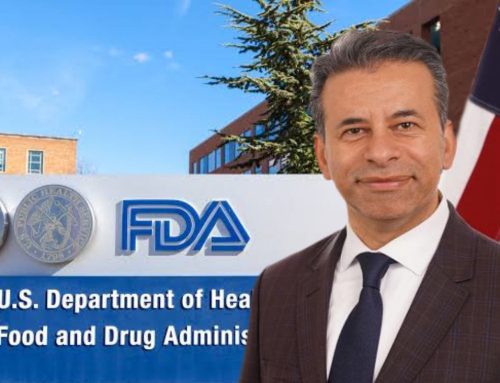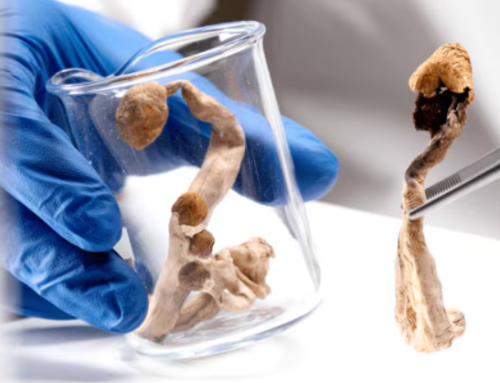Utah to Launch Psilocybin and MDMA Pilot Program for Behavioral Health Treatment
NEW YORK-Utah is set to introduce a pioneering pilot program that will allow select hospitals to administer psilocybin and MDMA to patients for behavioral health treatment starting in May, after Governor Spencer Cox opted to let the authorizing bill become law without his signature. This decision marks a significant step forward in the exploration of psychedelic substances for medical use within the state.
The program, which is scheduled to run for three years until 2027, is open to any privately owned nonprofit Utah hospital system that operates at least 15 hospitals, as well as any higher education medical program. This initiative is designed to explore the potential benefits of psilocybin and MDMA in treating various behavioral health issues, as reported by Marijuana Moment.
Participants in the pilot program are required to provide detailed written reports to lawmakers by mid-2026. These reports must include information on the specific drugs used and the outcomes of the treatments administered, ensuring a thorough evaluation of the program’s efficacy and safety.
The legislative journey of the bill establishing the pilot program was relatively smooth, garnering strong support from both chambers of the Utah Legislature. However, Governor Cox’s decision to allow the bill to pass into law without his signature reflects a cautious approach. In a letter to lawmakers, Cox expressed general support for scientific efforts aimed at discovering new therapeutic substances that can alleviate suffering. Nonetheless, he also noted his disappointment that certain unspecified policy recommendations were not incorporated into the final version of the bill.
This legislative move places Utah at the forefront of states exploring the regulated medical use of psychedelic substances. By initiating this pilot program, Utah aims to gather critical data and insights into the therapeutic potential of psilocybin and MDMA, potentially influencing future policies on the use of these substances in behavioral health treatment.



































